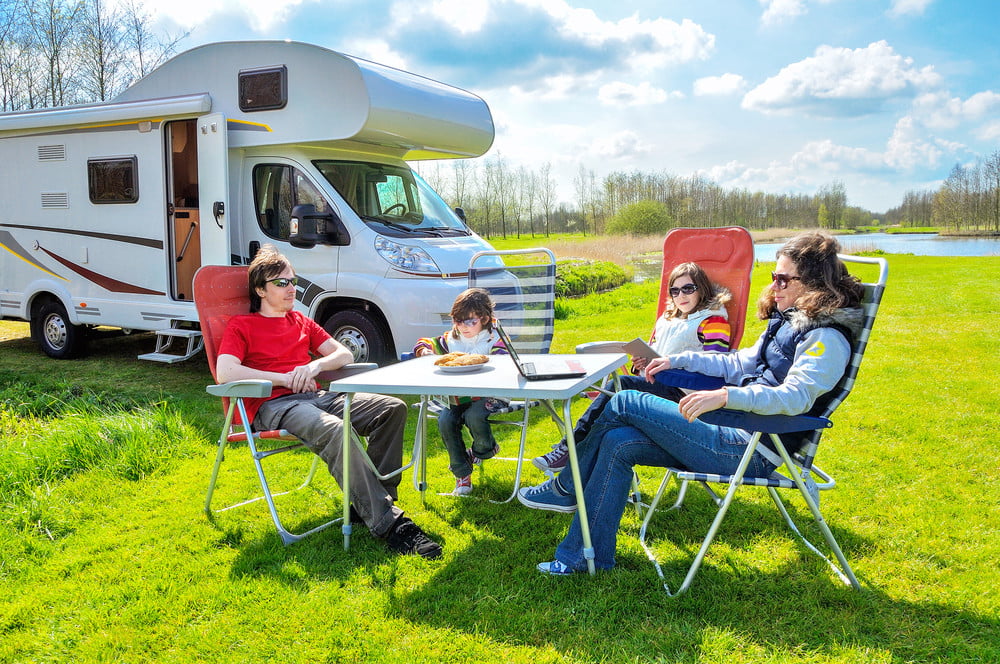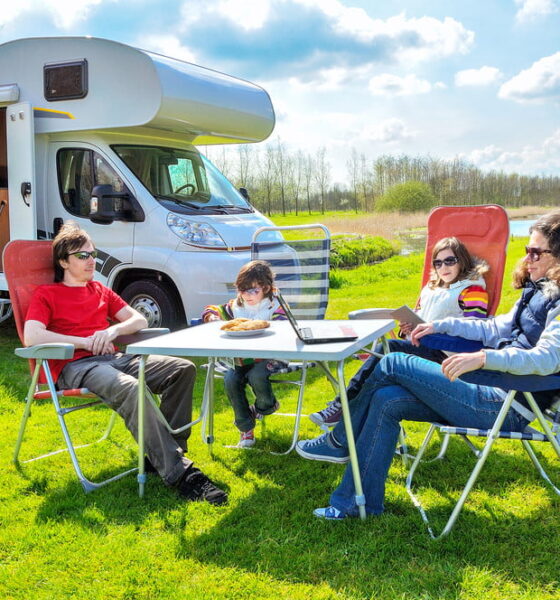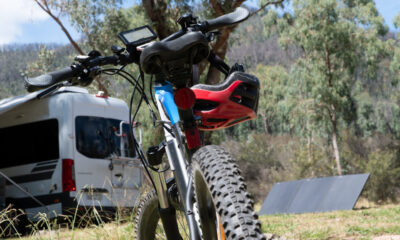It’s absolutely great having the freedom of the open road. When you travel by RV, the world is your oyster. An RV is the perfect way to travel and see the country with your loved ones. You can set your own schedule and destinations, and spend quality time on the road with the people you care about most. But with environmental concerns on the rise, especially global warming, many people have raised concerns about the carbon footprint of RVs. What can we do to ensure our RVs meet our environmental obligations and help keep our earth healthy? This guide will give a few handy hints on how to improve your RV’s green credentials and have a great camping trip without harming the environment.
Vegetable Oil For Fuel
In the last decade or so the idea of using vegetable oil for fuel has really been taking hold and becoming a reality for many owners of diesel vehicles. The advantages of using vegetable oil as fuel are clear, and it’s easy to see why so many people choose it as an option. It’s a renewable source, for a start, and it is not as polluting as diesel. There are conversion costs and it’s not as tough as a fuel in terms of cold starts but overall, it’s a much more environmentally friendly option. The majority of us use our RV predominantly in the summer months anyway, so that removes most issues involving cold starts regardless.
Solar Panels For Electricity
This one sounds very obvious, what could be more green than using solar energy for your camping electricity and to charge your vehicle’s battery? Well that’s all very true, but there’s a bit more to it than just that. Let’s have a look at the basics to install solar panels in your RV. The main issue is considering whether you want to have fixed (to the vehicle) or portable panels. Fixed panels are heavier and sturdier and might be of better quality, but they tend to be more expensive. There’s also more installation involved with fixed panels. Other issues include deciding what brands to buy and wiring them in. The guide above goes into much more detail than we can here, but rest assured that it’s a good idea. It also majorly beats lugging batteries around.
Upgrade To A Newer Vehicle
If you’re using an older vehicle it may be an idea to upgrade to a newer van. In recent years, it’s become well known that modern vehicles are much more fuel efficient, so purchasing one can put you on the fast track to a greener, more environmentally friendly vehicle. In fact overall new vehicles can be 73 percent cheaper to run than older vehicles. The advantage is not just in fuel efficiency – it can also save you plenty of hassle. With a newer RV, you’ll have lower repair and maintenance costs versus what you would experience with an older vehicle.
Other Ways We Can Improve Our Environmental Credentials
In addition to the vehicle itself, there are many other ways we can improve our green credentials on a camping or fishing trip. Every little positive choice can make a difference, so keep this in mind when you’re on your campsite. A big part of making a positive environmental impact while camping involves not leaving waste on site. Even items that you could consider as biodegradable can cause issues, such as attracting wildlife or even allowing them to eat things they shouldn’t, so be sure to throw it away.
In general, it’s helpful to have the camping strategy of taking out everything you brought in. Remember as a kid when you were told to leave a camp site better than you found it? This advice definitely still applies! Basically, leave it as you found it and don’t destroy, disrupt, or take from your campsite and you’ll be doing a good green job to keep our planet healthy!


 Environment12 months ago
Environment12 months agoAre Polymer Banknotes: an Eco-Friendly Trend or a Groundswell?

 Features11 months ago
Features11 months agoEco-Friendly Cryptocurrencies: Sustainable Investment Choices

 Features12 months ago
Features12 months agoEco-Friendly Crypto Traders Must Find the Right Exchange

 Energy11 months ago
Energy11 months agoThe Growing Role of Solar Panels in Ireland’s Energy Future































